Speaking truth to power
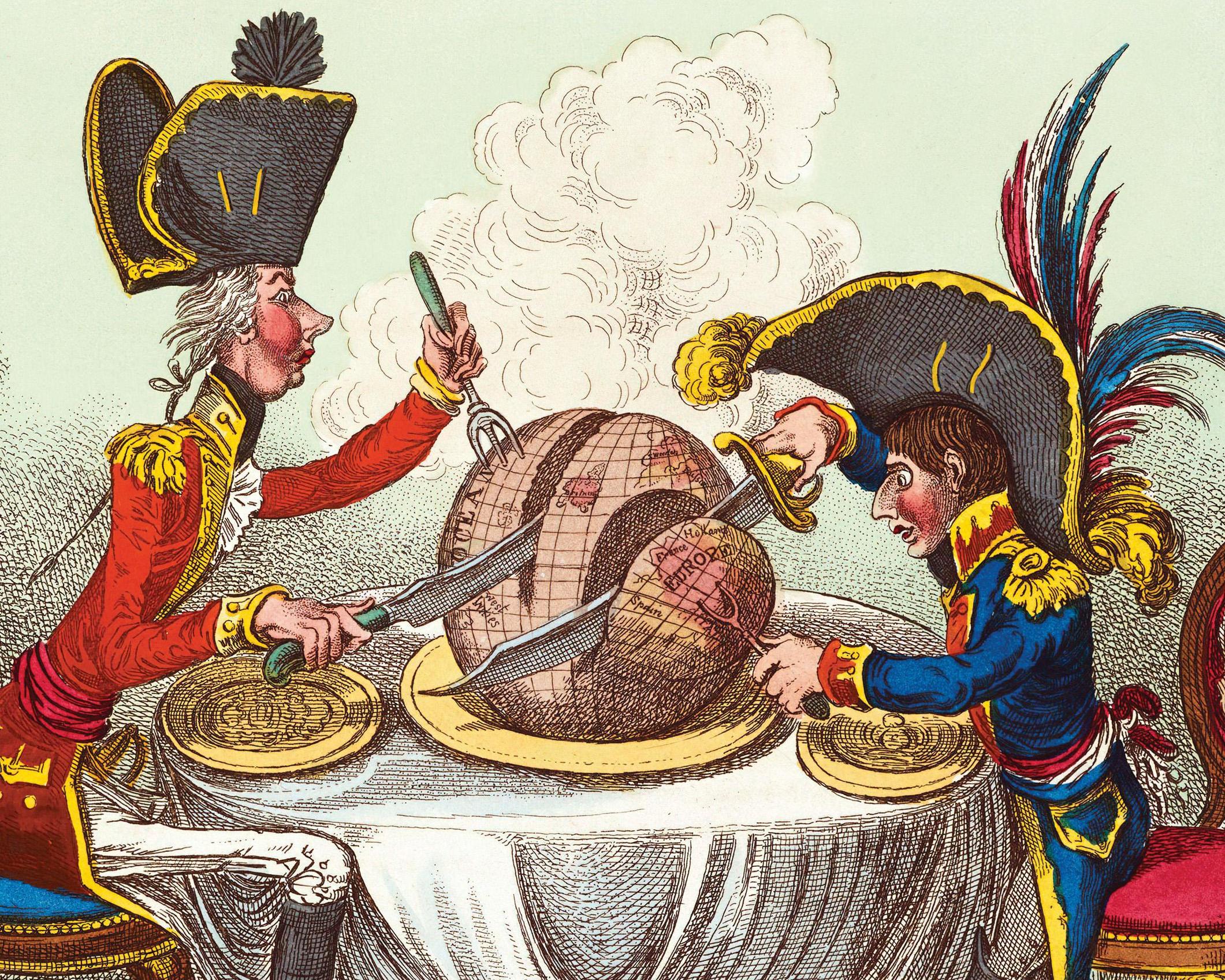
AN article takes time to read, but a picture speaks to us instantly. In the 18th century, William Hogarth campaigned pictorially against idleness, cruelty and drink and Thomas Rowlandson invented comical strips. But it was after 1805, when James Gillray depicted a small, ravening Napoleon carving up the world with William Pitt, that the cartoon— a distillation of news, character and opinion —became a feature of English life. The English tend to laugh at authority rather than rush to the barricades. Hypocrisy, dishonesty, and incompetence are all vulnerable. In unhappy lands where tyrants rule, cartoonists are suppressed, but here, they have thrived.
Napoleon once said that Gillray did him more damage than a dozen generals and ordered anti-English cartoons be drawn in retaliation. However, Gillray struck domestic targets, too, printing entertainingly rude colour pictures of the Prince of Wales—‘a voluptuary under the horrors of digestion’—and of Pitt, vomiting and excreting money in an early version of quantitative easing.
Punch cartoons—infrequently humorous and never scatological—dominated the 19th century. Elaborate allegorical caricatures— many by John Tenniel (illustrator of Alice’s Adventures in Wonderland)—alerted the nation, in anger or in awe, to significant events: a British Lion avenging the Indian Mutiny; society’s foolish ridicule of Darwin (often drawn as simian); Disraeli beguiling Queen Victoria with an Oriental crown. War clouds gathered, but Punch continued unchanged, as with Bernard Partridge’s 1914 German officer standing over a Belgian family he had shot.
Esta historia es de la edición October 05, 2022 de Country Life UK.
Comience su prueba gratuita de Magzter GOLD de 7 días para acceder a miles de historias premium seleccionadas y a más de 9,500 revistas y periódicos.
Ya eres suscriptor ? Conectar
Esta historia es de la edición October 05, 2022 de Country Life UK.
Comience su prueba gratuita de Magzter GOLD de 7 días para acceder a miles de historias premium seleccionadas y a más de 9,500 revistas y periódicos.
Ya eres suscriptor? Conectar

My piece of Heaven
Eleven friends of COUNTRY LIFE pen a love letter to their small, yet oh so distinctive patches of the British Isles, from the big skies of the north Norfolk coast to the street art of Belfast, from the glens of Perthshire to the Exe estuary in Devon via the apple orchards of Herefordshire
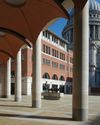
Enthroning harmony
The search for harmony has informed The King's many pursuits since the 1980s. Clive Aslet explores how this idea is expressed in his architectural ventures
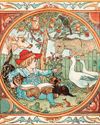
Do judge the book by its cover
Take a good dollop of Victorian innovation, add a fistful of classics, season it liberally with creative genius and you'll cook up the very British art of literary illustration. Carla Passino charts its history and discovers that it still thrives

Life is like a rainbow
Lovers’ lure, warning of death or simply a form of communication, the purpose of Nature’s paintbox may be curious, but its vibrant hues are always worth celebrating, eulogises John Lewis-Stempel
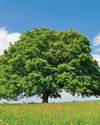
Trunk call
With the support of The King, a pioneering initiative is fighting to save majestic oaks, the age-old stalwarts of the British landscape, for generations to come, finds Julie Harding
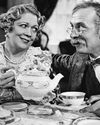
A storm in a teacup
We drink tea every day, but are we doing it correctly? Who decided on the rules and do they really matter? Jonathon Jones reveals all
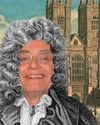
All hail the new Carolean Age
The Restoration of Charles II heralded an outstanding era of scientific discovery and a flowering of the Arts for which Britain has, rightly, continued to be famous. Here we suggest who, in the reign of Charles III, is continuing such work today
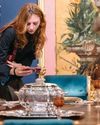
The power of the eclectic collector
Tomorrow's style-making collectors yearn for ownership of the greatest and the best across date and medium. They bring a crackling energy to connoisseurship and build collections of unpredictable breadth and depth. At this year's Treasure House Fair, a panel discussion hosted by COUNTRY LIFE will explore their impact on evolving perceptions and tastes
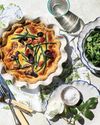
Kitchen garden cook French beans
For the pastry (or simply layer a few sheets of buttered filo pastry and skip straight to the filling)

Enduring heritage in hand
Discover the appeal of Chapman's bags when navigating town and country
